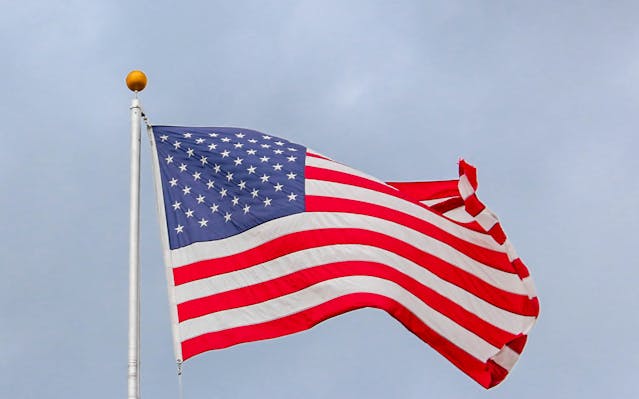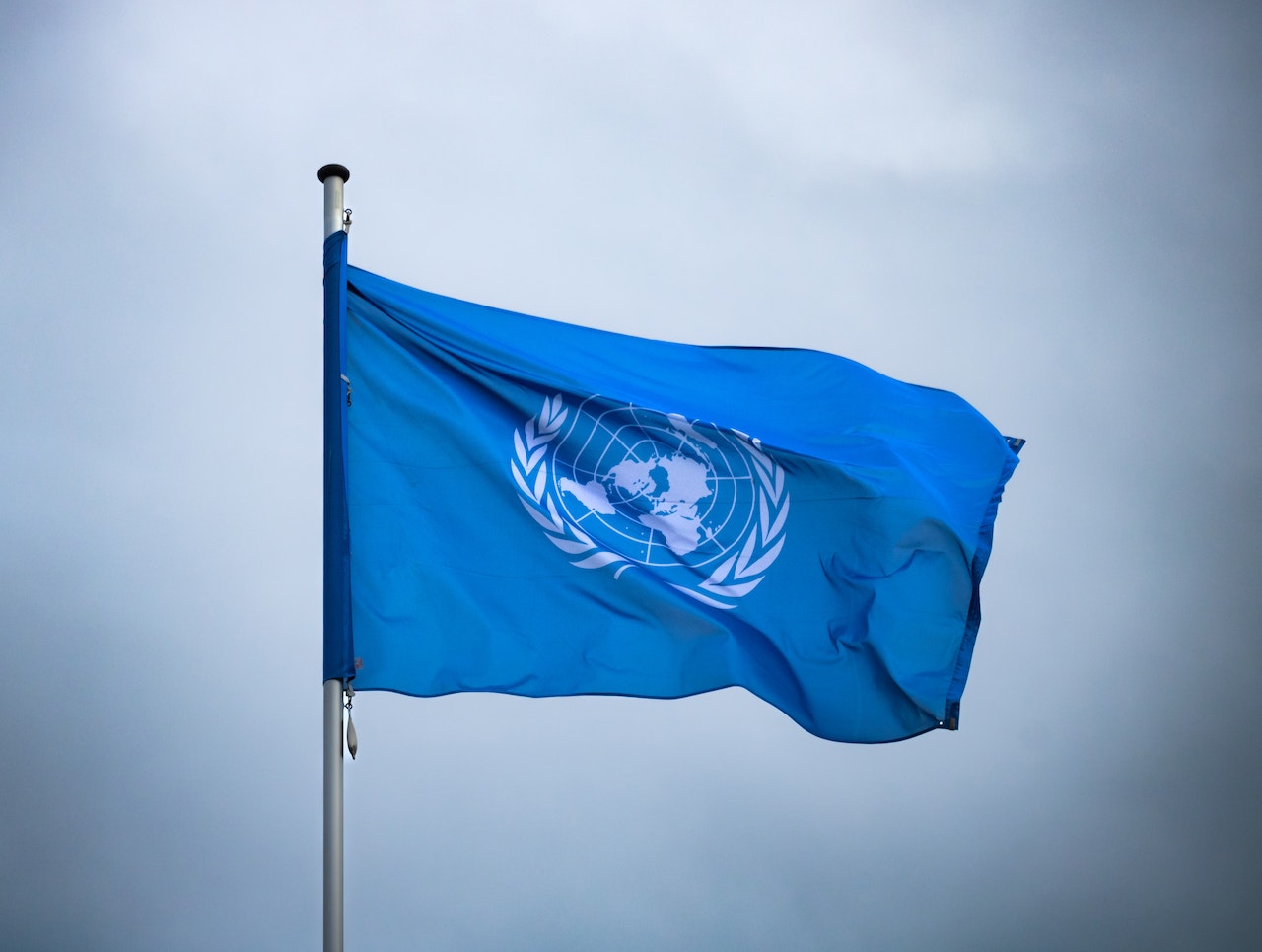
Rwanda Flights Won't Take Off Before General Election, Declares Rishi Sunak
Prime Minister Rishi Sunak has confirmed that no asylum seekers will be deported to Rwanda before the upcoming election, marking a significant development in the government's controversial immigration policy.
Initially, there were speculations that ministers might attempt to execute the first deportation flight before polling day as a demonstration of their commitment to tackling illegal migration. However, Sunak has now stated that such flights will only occur if he is re-elected on July 4th.
Election Stakes and Political Responses
The opposition Labour Party has pledged to terminate the Rwanda plan if they come to power, casting doubt on whether the policy will ever be implemented. The scheme, which has already incurred a cost of £240 million, is poised to be a central issue in the six-week election campaign, representing a stark contrast between the two main parties' approaches to immigration.
Labour's Shadow Home Secretary, Yvette Cooper, criticized Sunak's comments, describing the Rwanda scheme as a "con from start to finish." She asserted, "He doesn't believe this plan will work, and that's why he called the election now in the desperate hope that he won't be found out."
The Origins and Delays of the Rwanda Scheme

The Rwanda deportation scheme was initially unveiled over two years ago by then-Prime Minister Boris Johnson. Despite various legal challenges that have delayed its implementation, Sunak has prioritized this initiative, arguing that it is essential for deterring people from crossing the English Channel in small boats.
Criticism from Opponents
The Liberal Democrats have also voiced their disapproval, with home affairs spokesperson Alistair Carmichael calling Sunak's comments an "utter humiliation and admission of defeat." He added, "The Rwanda scheme has been an immoral and expensive disaster from day one."
Sunak had previously committed to initiating the first flights by mid-July, with plans for continuation over the summer. However, the policy has faced numerous legal hurdles. The FDA, a union representing senior civil servants, is challenging the plan on the grounds that it would compel officials to breach international law. Additionally, a legal challenge from the charity Asylum Aid has forced the Home Office to revise its guidance on selecting individuals for the first flight.
Legal and Operational Challenges
The Home Office had begun detaining individuals earmarked for removal, but legal battles ensued. At least 60 detainees have secured legal representation, and each case has the potential to escalate to the Supreme Court.
As the UK gears up for its first July election since 1945, Sunak's surprise announcement in a rain-soaked Downing Street has set the stage for a heated campaign.
Campaign Trail Dynamics
Prime Minister Sunak, Labour leader Sir Keir Starmer, and Liberal Democrat leader Ed Davey are all preparing for intense campaign activities. Meanwhile, Nigel Farage has confirmed that he will not be standing as a candidate for Reform UK, the party he co-founded in 2018 as the Brexit Party. Farage's decision comes ahead of a press conference that the party is set to hold later.
Broader Implications

The outcome of this election could significantly impact the future of immigration policy in the UK. The Rwanda scheme has become a symbol of the broader debate over how to handle illegal immigration and asylum seekers. For Sunak and the Conservative Party, it represents a firm stance on border control and national security. For Labour and other critics, it is seen as an expensive, unethical, and impractical solution.
As the election approaches, the Rwanda deportation scheme will undoubtedly be a focal point of political discourse. The Conservative Party will argue that their policy is a necessary deterrent against illegal immigration, while Labour will emphasize their intention to scrap the scheme, highlighting its high cost and moral implications. The electorate's response to these contrasting viewpoints will play a crucial role in determining the UK's future approach to immigration and asylum.
Sunak's commitment to the Rwanda flights, contingent on his re-election, underscores the high stakes of this election. The political landscape is set for a contentious battle, with immigration policy at the forefront of the debate. As the campaign progresses, both parties will need to convincingly present their visions for the country's immigration future, seeking to sway voters who are deeply concerned about the issue.
Trending
-
1 76 Theses on American Patriotism
Timothy Taylor -
2 A Comprehensive Approach to Handling Riots
Bhumesh Verma -
3 Innovative Approaches to Diplomacy: A Multi-Pronged Strategy for The Phygital Era
Dr. Ingrid Vasiliu-Feltes -
4 Business Chiefs Gather to Discuss India Trade Deal Proposals
Nitish Mathur -
5 Everything You Need to Know About Jordan Bardella
Felix Yim





Comments